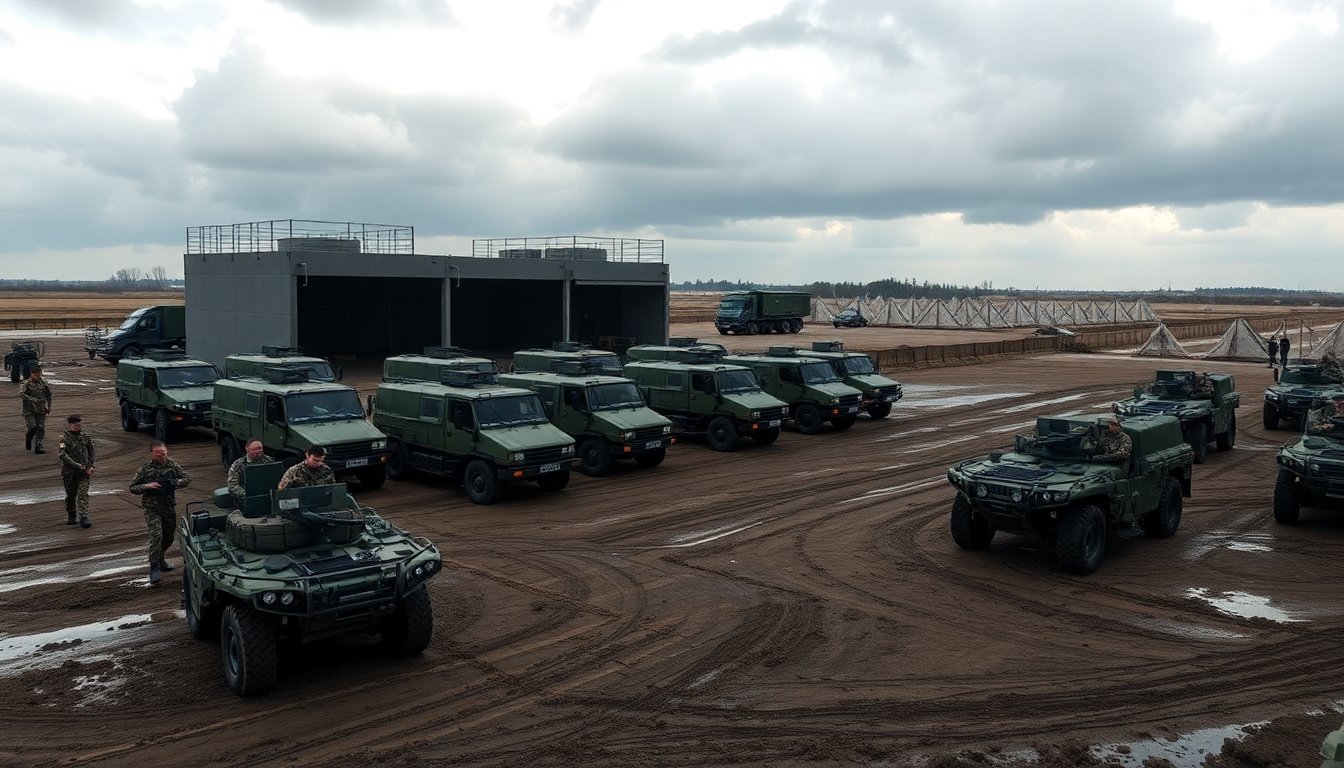Table of Contents
In the ever-evolving landscape of international relations, October 17 marked a pivotal day filled with significant developments related to Russia’s military personnel, its treatment of prisoners, and the broader geopolitical implications of its actions. This article aims to distill key insights from various reports, highlighting Russia’s current military posture and its implications for Europe and beyond.
Current state of the Russian military and prisoners
The situation regarding Russia’s military remains a focal point of concern for many nations. As Russia continues its various military endeavors, questions arise about the welfare of its soldiers and the ethical implications of their treatment. Moreover, the plight of those identified as prisoners in uniform raises significant human rights issues that are often overlooked.
Military operations and their implications
Recent reports reveal that Russian troops are engaged in numerous military operations, both within the country and in international conflict zones. These actions have sparked significant discussions about the accountability of military leadership and the challenging conditions under which soldiers serve. The narratives surrounding these operations present a complex interplay of valor and the stark realities faced by personnel returning home.
Furthermore, the treatment of military prisoners has attracted heightened scrutiny. Accusations of mistreatment and a lack of transparency regarding their living conditions have provoked public outrage and calls for reform. Advocacy groups are actively working to highlight these issues, stressing the imperative of humane treatment in line with international law.
Religious perspectives and reparations discussions
The voice of the clergy has emerged in the discourse surrounding Russia’s military actions, raising important moral questions. Religious leaders are emphasizing the need for reconciliation and healing. They call for a reevaluation of how nations engage with each other during conflicts.
Europe’s contemplation on reparations
The conversation about reparations for Ukraine remains a prominent issue among European nations. Countries are currently grappling with their responsibilities toward Ukraine and the damages incurred amid the ongoing conflict with Russia. These complex negotiations highlight a broader struggle for justice and restitution concerning historical grievances.
European leaders are increasingly recognizing the necessity for a structured approach to reparations. This shift reflects evolving perspectives on national obligations following conflicts, underscoring its importance in modern diplomacy.
The upcoming Trump-Putin meeting
As political tensions persist, anticipation builds for the next meeting between Donald Trump and Vladimir Putin. This face-to-face encounter is poised to represent a critical moment in U.S.-Russia relations, with potential implications that could reshape the geopolitical landscape.
Expectations and implications
Analysts are closely monitoring the potential outcomes of this meeting. Will it foster improved relations or deepen existing tensions? The stakes are significant, and both leaders recognize that their discussions could impact not just their nations but also the wider international community.
The events surrounding this meeting highlight the complex interplay of military, political, and ethical factors that shape Russia’s global position. Developments related to its armed forces and diplomatic efforts offer vital insights into the challenges and opportunities that lie ahead.


